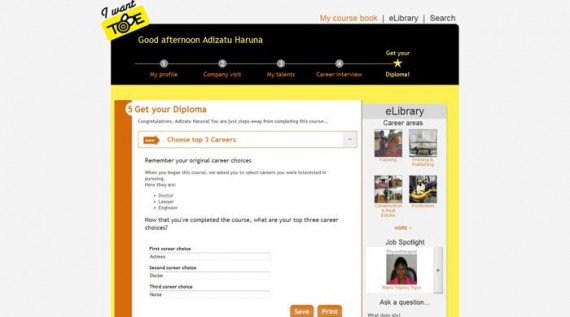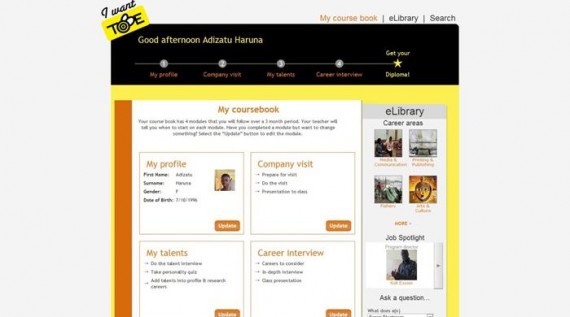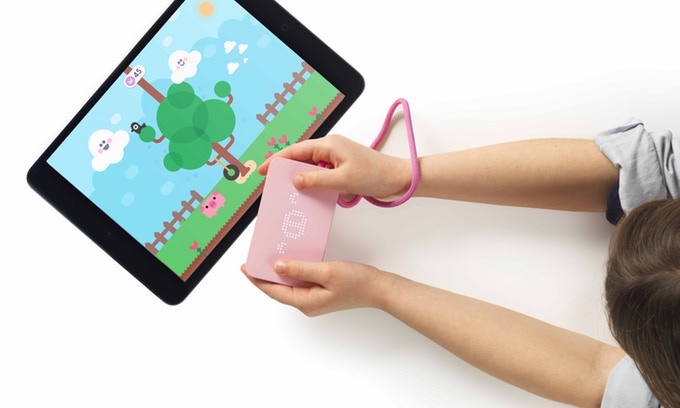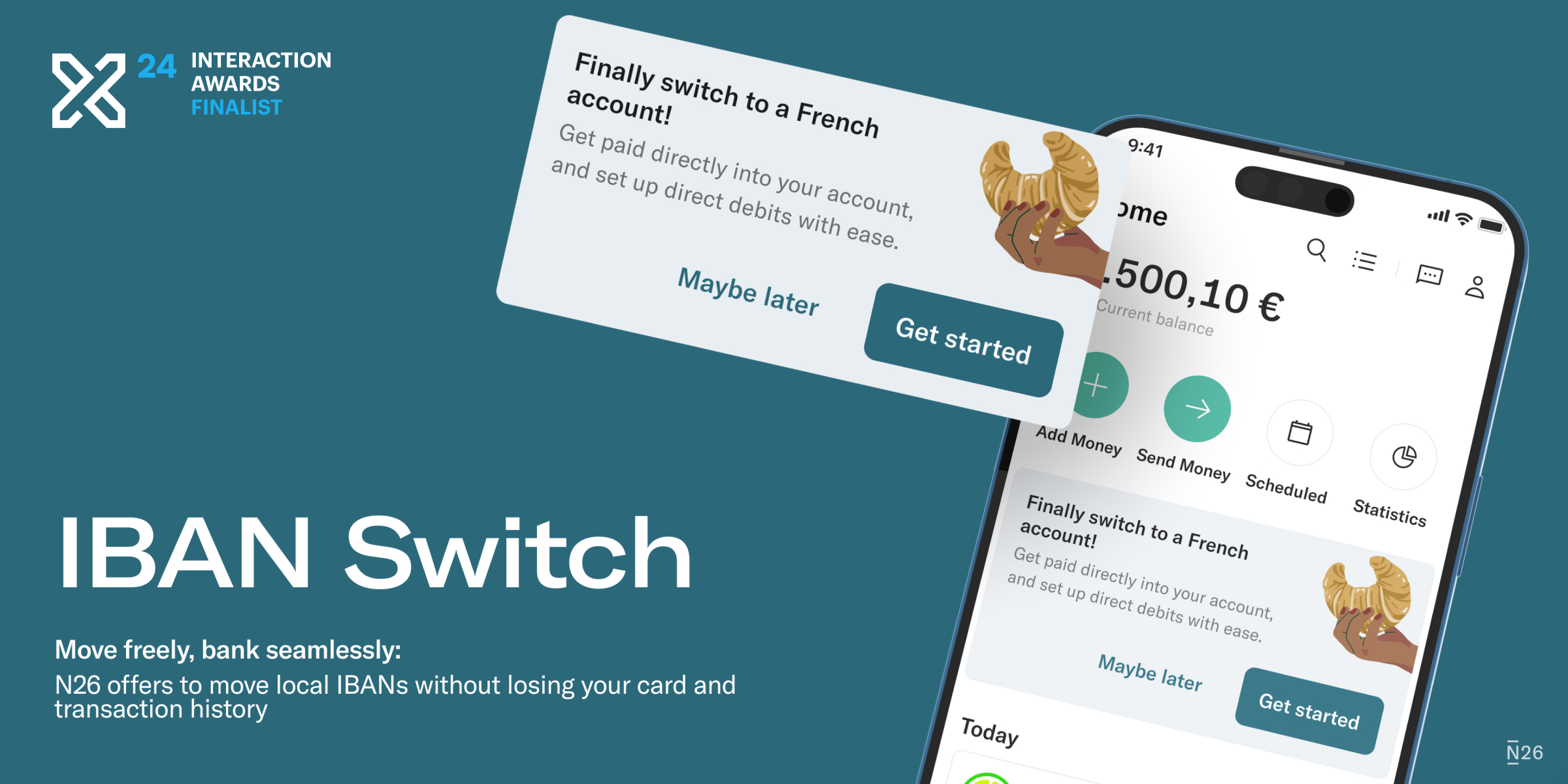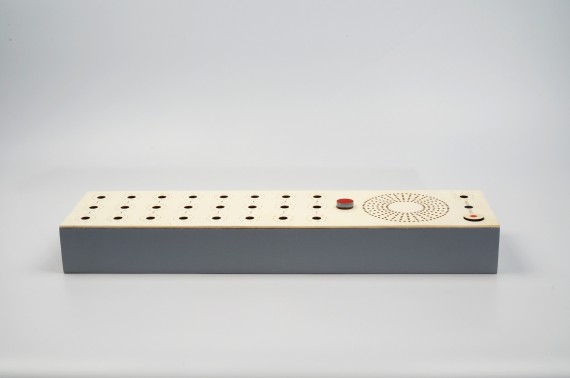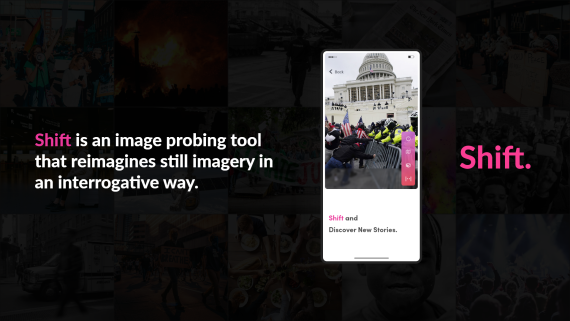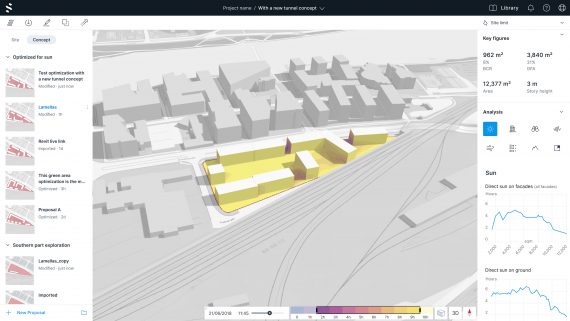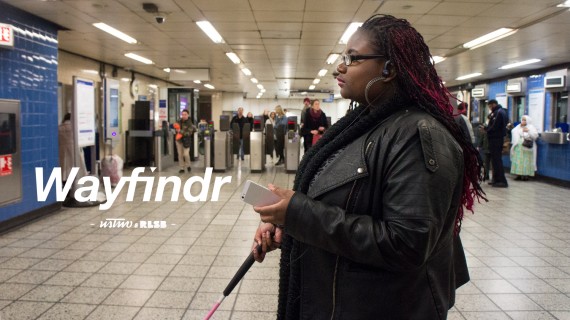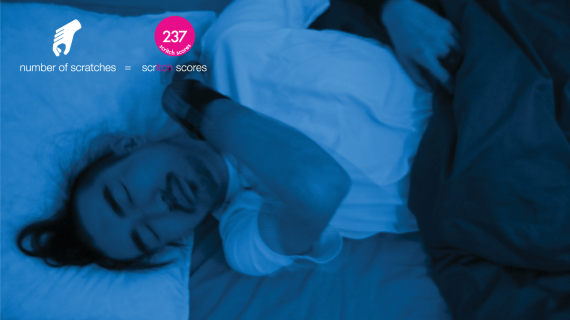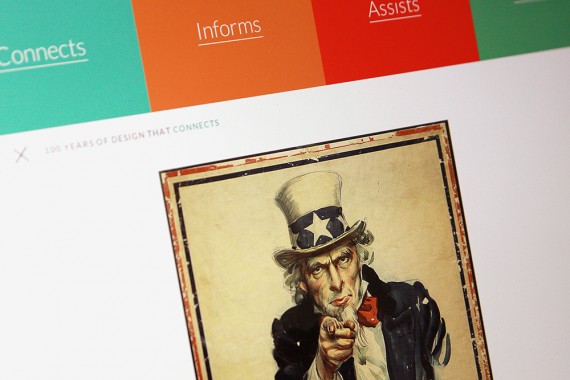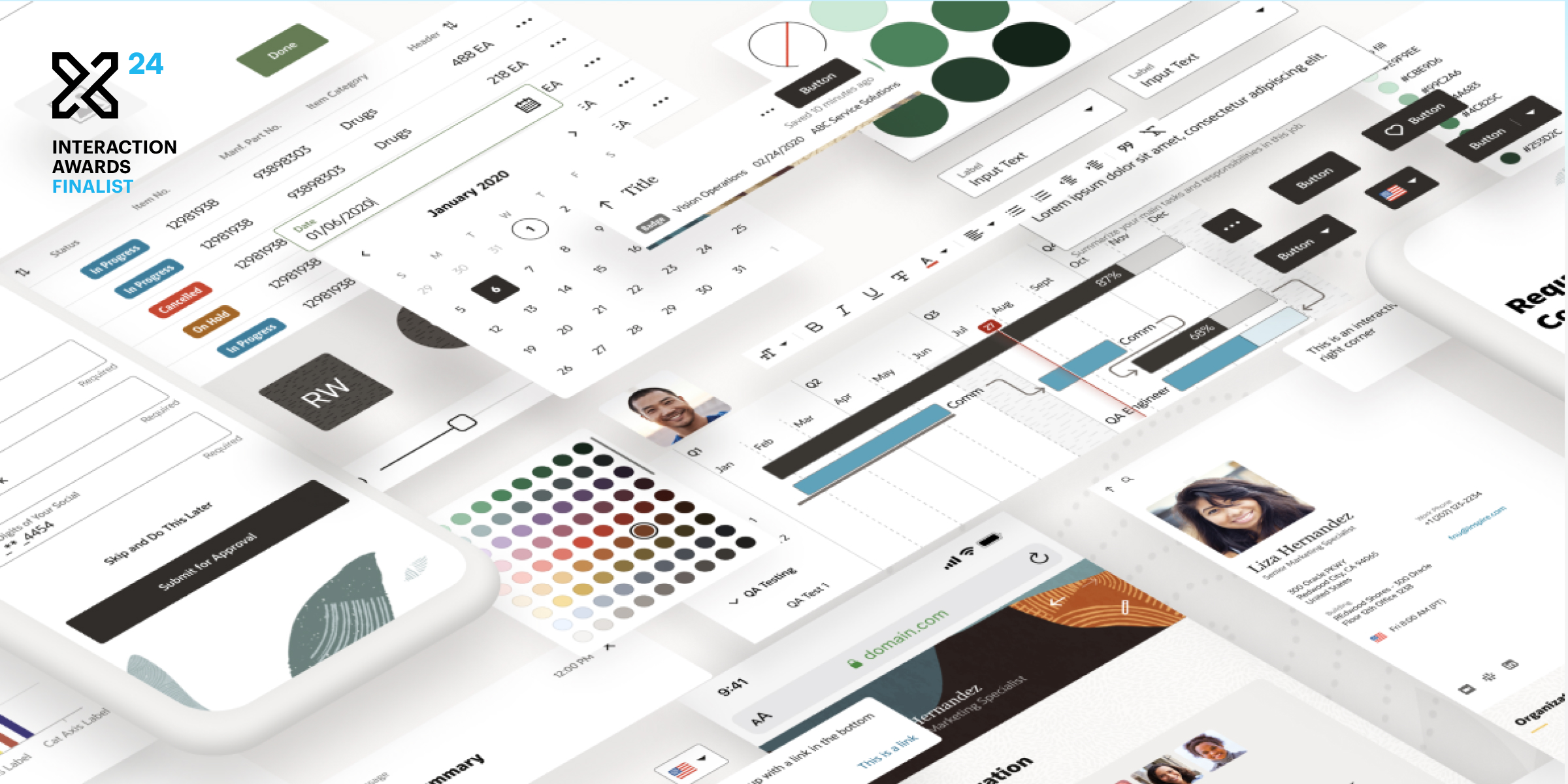I want To Be... Course
Team
Company | Institution
Category
Type
Project description
The ʻI Want To Beʼ course is a 2-month after-school program for 12-15 year olds, designed to open the minds of children in Ghana to the career opportunities around them. The class, led by a teacher, takes children on a trip of (self) discovery through company visits, interviews, talent quizzes, and group assignments. An interactive computer application supports the class, tracking kidsʼ progress and showcasing companies and careers available in their communities. Children in Ghana have a narrow view of career options. When researching kidsʼ ambitions, most children told us they wanted to be a ʻdoctorʼ or ʻlawyerʼ and that they didnʼt want to be a ʻdrug dealerʼ or ʻbank robberʼ. In reality, most children leave school at 16 and take a low-paying job to help out with the family finances. This course gives children and their parents the chance to explore realistic career goals and understand paths to achieve them. As a result, children and families may reach higher in terms of education and career and contribute to the long-term skills needed to develop Ghana – and eventually other developing nations.
Context
Our student pool is ripe for further personal development: we offer the class in Ghana (where primary education is compulsory) at the ToBe Educational Resource Centers in Takoradi and Cape Coast. At the Centers, children can take computer, reading and activity classes during and after school hours. This means that the children we reach have both basic education and the computer skills needed to take a step forward, as well as an intrinsic desire to learn more. Our constraints are physical and cultural in nature. Power outages are frequent in Ghana and internet connectivity is unreliable.
The computer program is an easy-to-install local application and most assignments can be printed out in advance so children can work even if power fails. Cultural factors pose another challenge. In Ghana, childrenʼs lives are dominated by church and family, and children are often reluctant to voice their own opinions. The class therefore engages parents by asking them about their ideas on their childʼs career and including them in class sessions to stimulate an open discussion between parent and child.
Impact
The class can reach 300 kids each year per teacher. If only 10% go on to higher education, it will have an enormous impact on the community. For perspective, there are only 120 dentists in all of Ghana (population 20 million). Local companies are therefore eager to work with us, understanding the benefit of getting more skilled labor in the community. Schools are also enthusiastic – an Education Ministry official is working to link the course’s outcome to the career counseling offered in Ghana’s public schools.
In our June 2011 pilot, the children improved basic skills and learned to accept their talents. Anastasia told us how she “discovered” that she could “really sing”. In fact, Anastasia always knew she could sing, but through the course she got her father’s “approval” to state it as fact.
The course lets children get answers to questions they didn’t dare to ask. For example Adizatu was interested in becoming a doctor, but didn’t know how to get there, and wanted to ask a Doctor what the path is and whether “surgery was scary”. This course gives her, and the others we will reach as we roll the class out, that chance.
Craft
The applicationʼs design gives children an overview of the modules and a visualization of what they are working on at the moment. It encourages kids to explore, to change and update their answers as they learn more, using a “notebook” metaphor to make it familiar and engaging. To encourage individual thinking, each child has a logged-in space, where they enter hobbies, likes, talents and dislikes, including why they like or dislike something. They also upload their impressions from each company visit or interview into their space, including films and photos and their presentations to the class. The teacher can then give personal feedback and encouragement to children on their work through the teacherʼs interface.
To stimulate exploration, the ʻeLibraryʼ is filled with information about local companies and real professionals, like Nurse Justina from Efia Nkwanto Hospital. It includes the interviews, presentations and films created by the children themselves, instead of the generic examples of careers like ʻdoctor in a hospitalʼ, that most career counseling programs use. This not only opens up the community, but it also shows children that the careers discussed are attainable, and even provides a contact for future guidance.
Context
Our student pool is ripe for further personal development: we offer the class in Ghana (where primary education is compulsory) at the ToBe Educational Resource Centers in Takoradi and Cape Coast. At the Centers, children can take computer, reading and activity classes during and after school hours. This means that the children we reach have both basic education and the computer skills needed to take a step forward, as well as an intrinsic desire to learn more. Our constraints are physical and cultural in nature. Power outages are frequent in Ghana and internet connectivity is unreliable.
The computer program is an easy-to-install local application and most assignments can be printed out in advance so children can work even if power fails. Cultural factors pose another challenge. In Ghana, childrenʼs lives are dominated by church and family, and children are often reluctant to voice their own opinions. The class therefore engages parents by asking them about their ideas on their childʼs career and including them in class sessions to stimulate an open discussion between parent and child.
Impact
The class can reach 300 kids each year per teacher. If only 10% go on to higher education, it will have an enormous impact on the community. For perspective, there are only 120 dentists in all of Ghana (population 20 million). Local companies are therefore eager to work with us, understanding the benefit of getting more skilled labor in the community. Schools are also enthusiastic – an Education Ministry official is working to link the course’s outcome to the career counseling offered in Ghana’s public schools.
In our June 2011 pilot, the children improved basic skills and learned to accept their talents. Anastasia told us how she “discovered” that she could “really sing”. In fact, Anastasia always knew she could sing, but through the course she got her father’s “approval” to state it as fact.
The course lets children get answers to questions they didn’t dare to ask. For example Adizatu was interested in becoming a doctor, but didn’t know how to get there, and wanted to ask a Doctor what the path is and whether “surgery was scary”. This course gives her, and the others we will reach as we roll the class out, that chance.
Craft
The applicationʼs design gives children an overview of the modules and a visualization of what they are working on at the moment. It encourages kids to explore, to change and update their answers as they learn more, using a “notebook” metaphor to make it familiar and engaging. To encourage individual thinking, each child has a logged-in space, where they enter hobbies, likes, talents and dislikes, including why they like or dislike something. They also upload their impressions from each company visit or interview into their space, including films and photos and their presentations to the class. The teacher can then give personal feedback and encouragement to children on their work through the teacherʼs interface.
To stimulate exploration, the ʻeLibraryʼ is filled with information about local companies and real professionals, like Nurse Justina from Efia Nkwanto Hospital. It includes the interviews, presentations and films created by the children themselves, instead of the generic examples of careers like ʻdoctor in a hospitalʼ, that most career counseling programs use. This not only opens up the community, but it also shows children that the careers discussed are attainable, and even provides a contact for future guidance.

